Cornell team suggests engineered bacteria could address current limitations of energy storage technologies
Green Car Congress
MAY 28, 2019
Raising the penetration of renewable —an intermittent—sources of energy into the grid will require large scale electrical energy storage and retrieval. However, at present, no existing technology provides such storage and retrieval at a low financial and environmental cost.


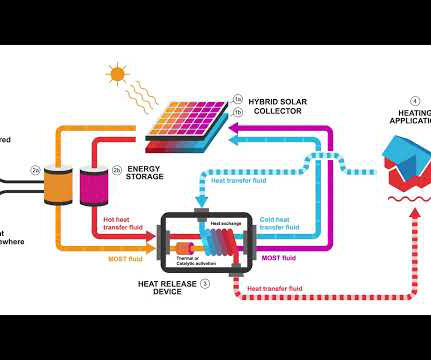
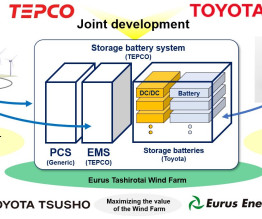



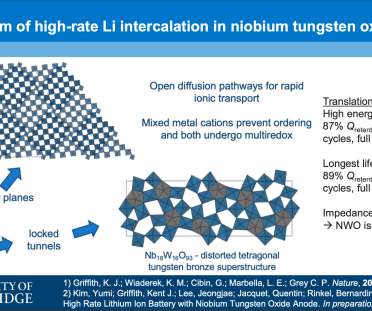


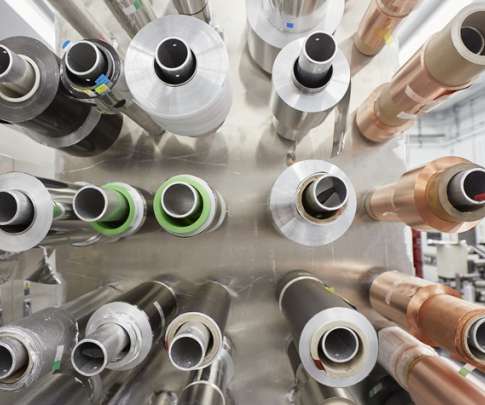


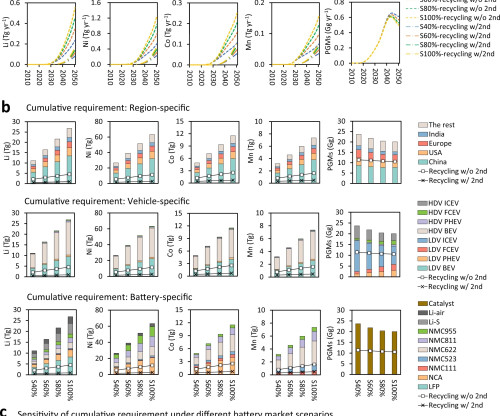




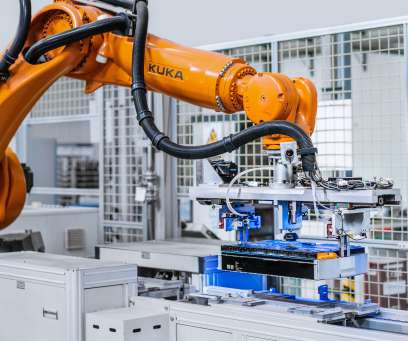
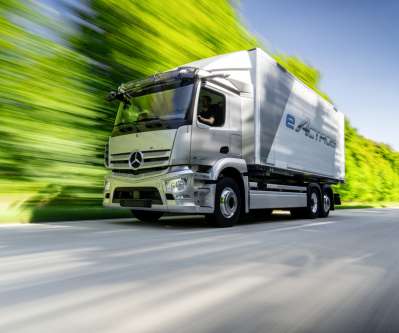



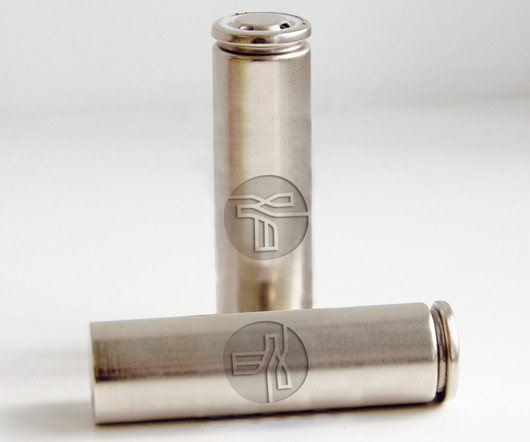
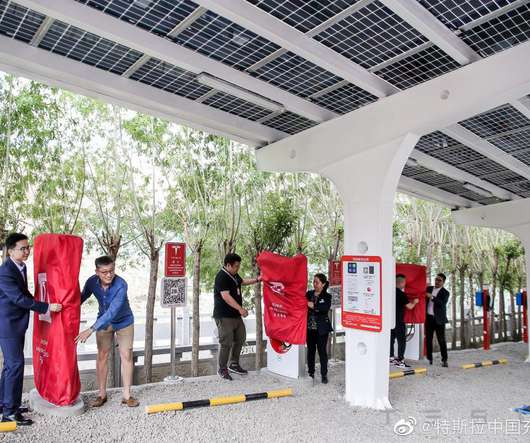





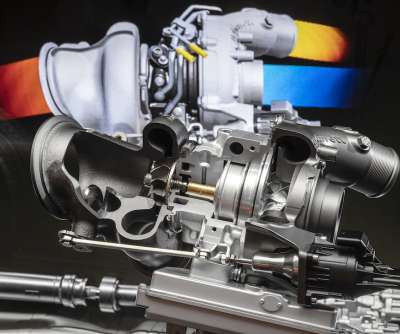


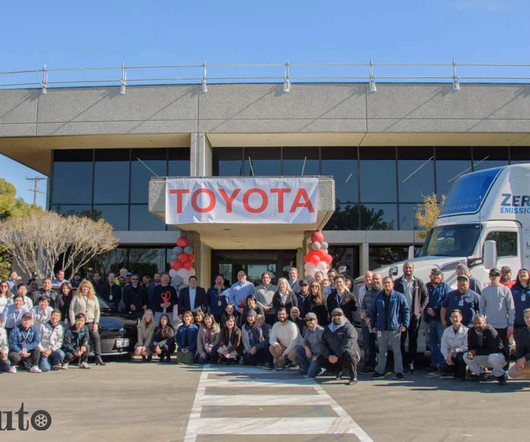

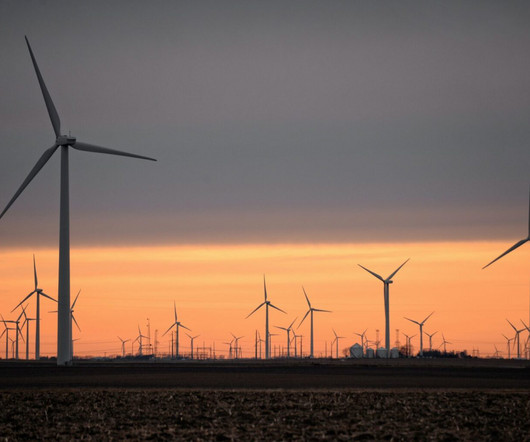






Let's personalize your content